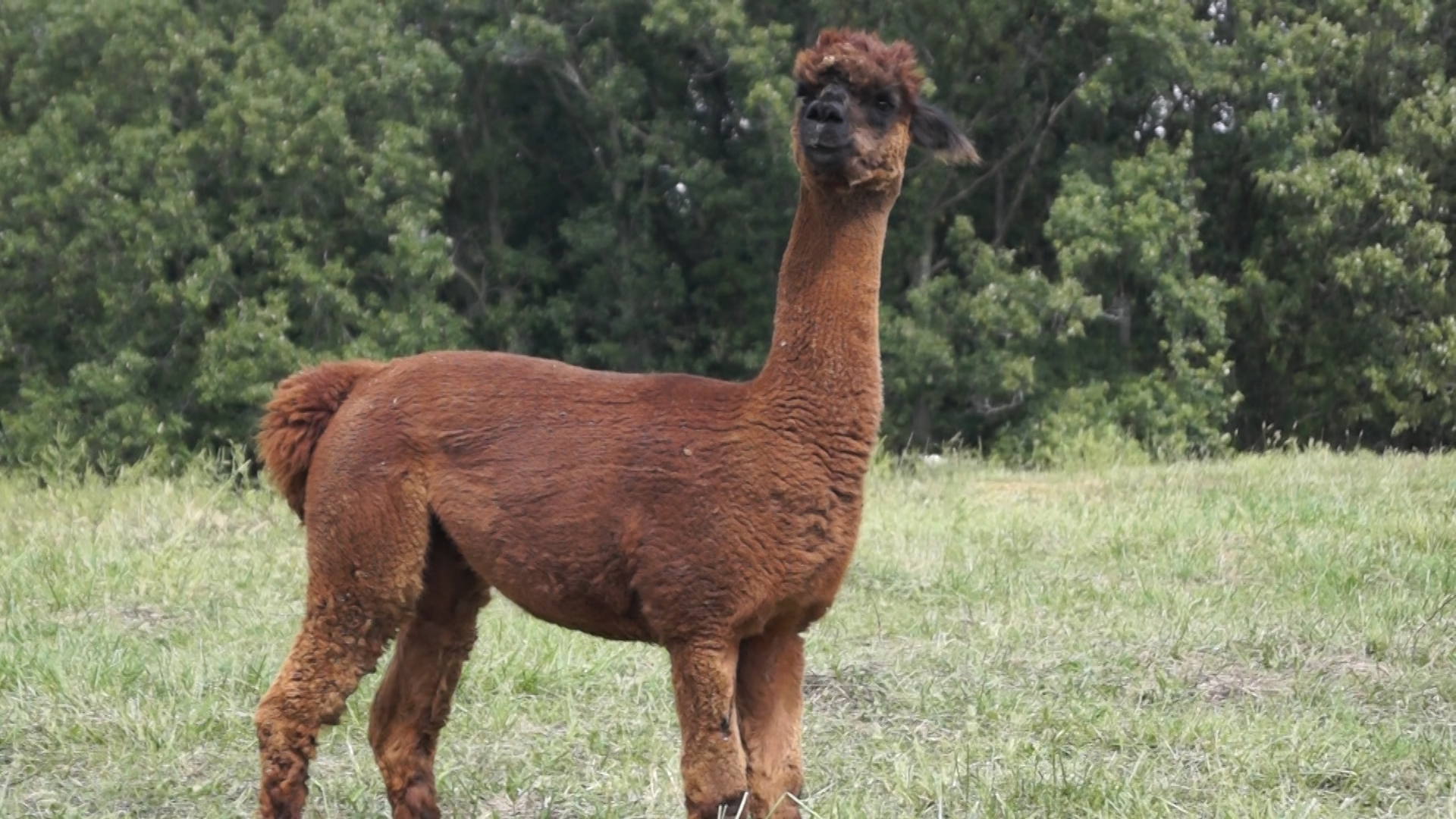Come visit the baby chicks and hens at Jubilee Farm!
Jubilee Farm ~ 6760 Old Jacksonville Road
(3.8 miles west of Veterans Parkway)
www.jubileefarm.info 217-787-6927
 National Take a Walk in the Park Day is celebrated every March 30th. This weekend enjoy a walk at Jubilee Farm and say hi to the llamas and alpacas!
National Take a Walk in the Park Day is celebrated every March 30th. This weekend enjoy a walk at Jubilee Farm and say hi to the llamas and alpacas!
In October of 2015 Sister Sharon Zayac, OP shared a presentation at the Scared Heart Convent motherhouse, On Care for Our Common Home – Laudato Si, covering environmental aspects of the recent encyclical, Laudito Si’, from Pope Francis. The presentation goes into a deep exploration of the major environmental points of the encyclical by Pope Francis and shares what we can do to care for our common home before the damage that has been inflicted by humankind grows to a point where the damage can’t be reversed. Sister Sharon has been noted as one of Springfield’s most knowledgeable presenters on environmental topics.
Harv Koplo taped the presentation and shared it on the Sustainable Springfield website. We are grateful that Sustainable Springfield shared the video with us so we can share it with you. Sister Sharon was a board member of Sustainable Springfield for six years. Learn more about Sustainable Springfield by clicking here.
On Care for Our Common Home – Laudato Si’ from SSI Info on Vimeo.